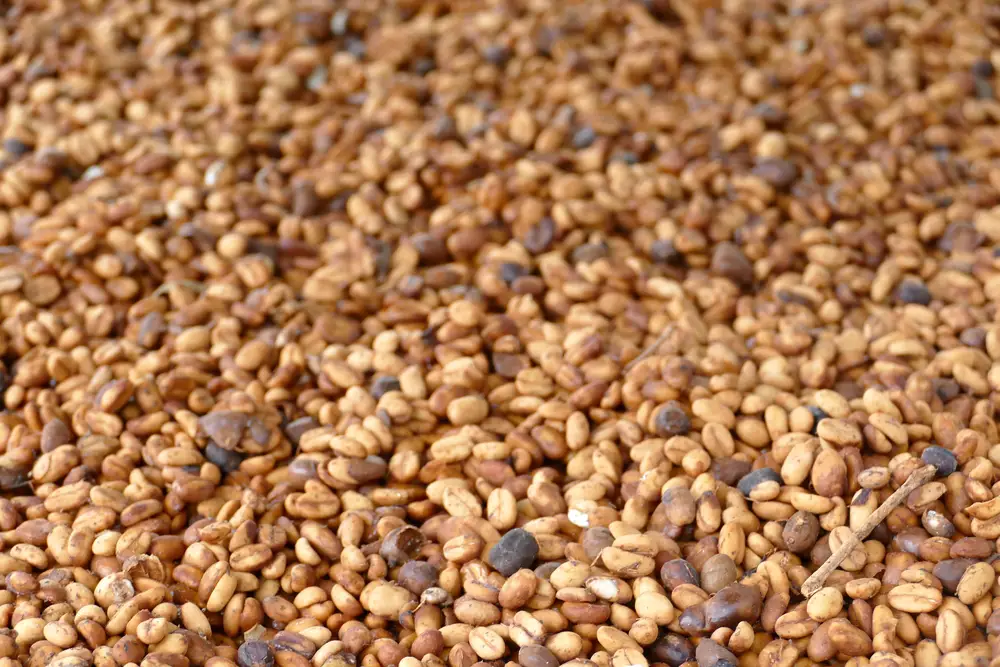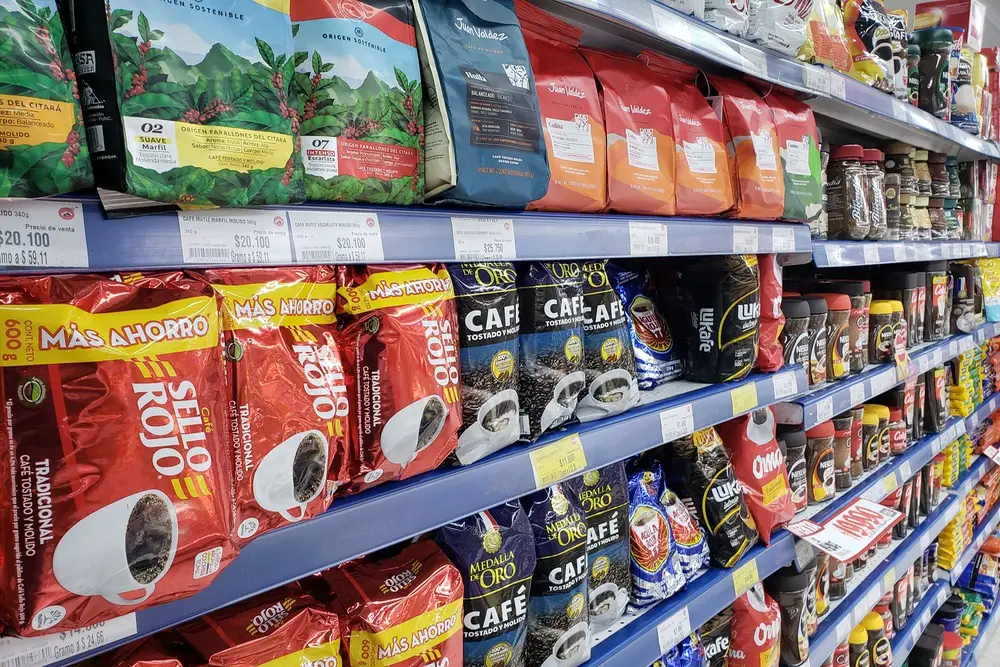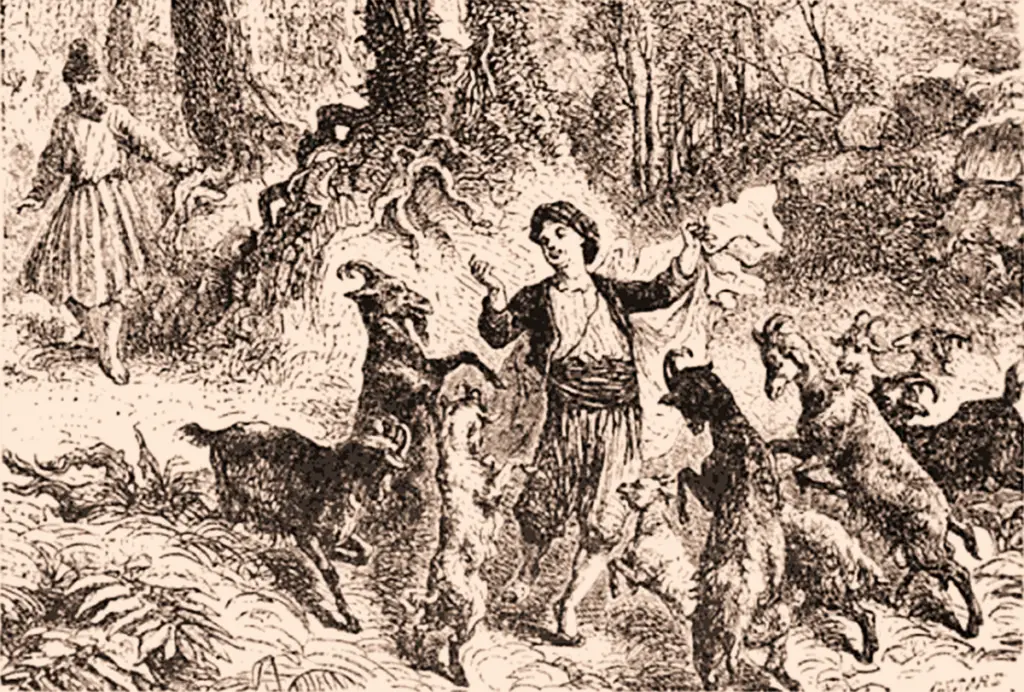The ancient Egyptians were a fascinating people and their customs and beliefs continue to fascinate us today. Coffee is no stranger to Arabic and Middle Eastern cultures, including Egypt. There are cafes of all kinds on every street corner. However, coffee shops were not always welcome in the country.
Table of Contents
Did the ancient Egyptians drink coffee?
Coffee is believed to have originated somewhere around the mouth of the Red Sea (both Ethiopia and Yemen claim this). However, the earliest evidence for the use of coffee points to a date in the early Middle Ages, perhaps between the 6th and 9th centuries. In addition, coffee seems to have spread from its place of origin only several centuries later.
There is no definitive answer to this question as there is no direct evidence of the ancient Egyptians consuming coffee. However, there is some circumstantial evidence that these drinks may have been part of the Egyptian diet. First, coffee is native to the region of what is now Egypt. This means that the ancient Egyptians had easy access to and were familiar with this plant.
Second, coffee has long been used as a medicinal plant. The ancient Egyptians were experts in using herbs for medicinal purposes and it is possible that they used coffee for its medicinal properties. Finally, there are some references to coffee in ancient Egyptian texts. These clues are not conclusive evidence that the ancient Egyptians actually drank coffee, but they do suggest that they at least knew it.
History of Coffee in Egypt
Coffee first came to Egypt in the 16th century. A group of Al-Azhar students at the time observed Yemeni students drinking the dark drink before studying or performing lengthy religious rituals. The curiosity of the Al-Azhar students grew and it wasn’t long before the students tried the same drink as well.
People began drinking the drink in mosques during dhikr, a Sufi ritual dedicated to remembrance of God, and other religious festivals such as Mawlid, the celebration of the birth of the Prophet Muhammad.
Soon after, coffee shops opened up on every nook and cranny, making coffee a commodity and accessible to the masses. These coffee shops became a kind of social club where people would gather in public places to drink coffee and chat.
The idea of the “meeting” caught the attention of authorities, who equated coffee with alcohol. It was at this point that the question of the permissibility of coffee arose. In 1572, Sheikh Ali Ahmed Sonbati claimed that coffee was intoxicating and should therefore be banned.
Another problem arose when the coffeehouses became a place for socializing and no longer served the coffee itself. Egyptian authorities feared the nature of the discussions that ensued and sought to ban the coffeehouses.
Despite attempts to rein in coffeehouse activity, coffeehouses remained popular in Egypt and the rest of the Middle East.
Public baths and barber shops were other places where people could meet. When coffee houses were banned, miniature editions opened in barber shops. Coffee was also served in public baths, both for men and women.
How to order coffee in Egypt?
In Egypt, when ordering a coffee, you also have to indicate how much sugar you prefer, since sugar water is used in the preparation. You can choose between slightly sweet (arriha), medium sweet (mazboot) or very sweet (ziyada). Bitter coffee (sada) is reserved for sad occasions such as funeral ceremonies.
Ancient Egyptian drinks
Beer was the cornerstone of ancient Egyptian beverages. Wine was also available, but much less frequently and mostly for the wealthy. The barley used for bread was also used to make beer. Unlike today, where daily beer drinking is taboo, it was common in ancient Egypt. People even traded it.
Conclusion
Drinking coffee is an important social occasion for Egyptians in all walks of life. In many cases, a café becomes a kind of literary circle or political club, but the quiet and cozy atmosphere also makes it an ideal place for business. In fact, many cafes are found in marketplaces where business people meet to trade.



